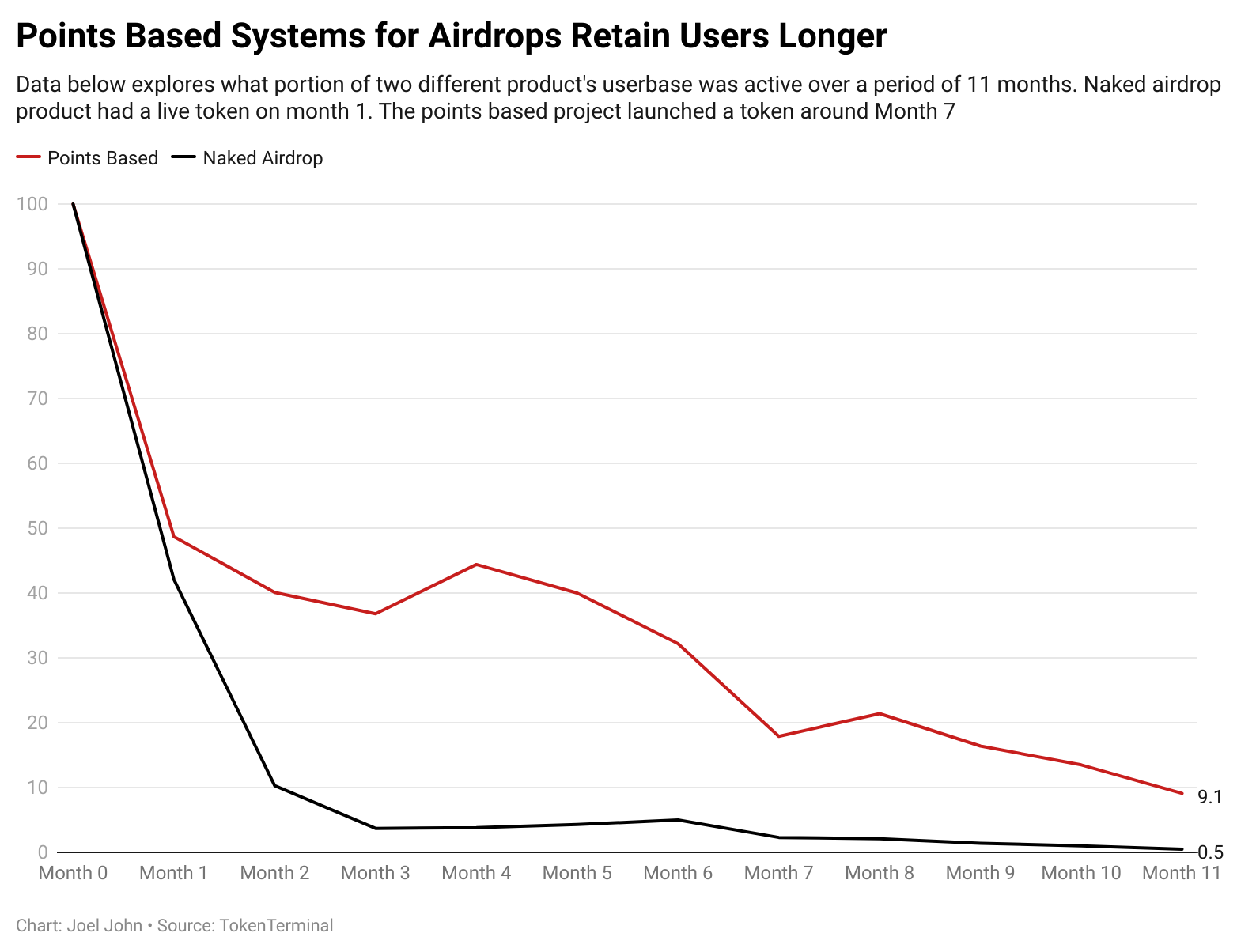Connection Corner
Your go-to guide for relationships, dating tips, and hookup advice.
Web3's Secret Sauce: Keeping Users Hooked in the Decentralized Age
Discover the secrets to engaging users in Web3! Unlock strategies that keep them coming back in the decentralized age!
Understanding User Engagement in Web3: What Makes Decentralized Platforms Captivating?
User engagement in Web3 is a multifaceted phenomenon that plays a crucial role in the success of decentralized platforms. **Decentralization** promotes a sense of ownership among users, allowing them to actively participate in governance and decision-making processes. This level of involvement is often far greater than what traditional platforms offer. Moreover, by utilizing blockchain technology, decentralized platforms ensure transparency and trust, which enhances user confidence. As a result, users are not just passive consumers; they become integral contributors to the ecosystem, engaging with content and services on a deeper level.
What makes these platforms particularly captivating is their inherent **community-driven** nature. Unlike centralized platforms, where a handful of entities control content and user experience, decentralized applications (dApps) thrive on collaboration and interaction. Features such as token rewards, community voting, and participatory events are designed to foster engagement. Furthermore, as users see the direct impact of their contributions—be it through content creation or feedback—they are more likely to remain loyal and invested. Thus, understanding and harnessing these engagement factors is essential for the continuous growth and sustainability of Web3 platforms.

Counter-Strike is a highly competitive first-person shooter game that pits two teams against each other: the Terrorists and the Counter-Terrorists. Players engage in various game modes where strategic teamwork and skill play crucial roles in securing victory. For those interested in gaming promotions, check out the bc.game promo code to enhance your gaming experience.
The Psychology Behind User Retention in Web3: Strategies for Keeping Users Engaged
In the rapidly evolving landscape of Web3, understanding the psychology behind user retention is pivotal for businesses aiming to thrive. Users are inundated with a plethora of choices, making it crucial for platforms to foster strong emotional connections. Strategies such as personalization, where user experiences are tailored to individual preferences, can be a game changer. Additionally, implementing gamification techniques can enhance engagement by providing users with a sense of achievement and community. By integrating metrics that measure user sentiment and behavior, companies can iterate their strategies effectively, ensuring they meet users' evolving needs.
Moreover, successful user retention strategies often incorporate elements of transparency and trust, which are fundamental in the decentralized world of Web3. By clearly communicating the benefits of participation and maintaining a user-centric approach, platforms can build a loyal user base. Techniques like providing valuable educational content on blockchain technology, coupled with responsive customer support, can help demystify the platform for users. Regularly soliciting feedback through surveys or community forums can also demonstrate a commitment to user satisfaction, further enhancing retention rates. Implementing these user-centric strategies not only boosts engagement but cultivates a thriving community around the platform.
How to Build a Community-Driven Experience in the Decentralized Space: Tips and Best Practices
Creating a community-driven experience in the decentralized space is essential for fostering collaboration and engagement. Start by inviting participation from your audience; create forums or platforms where users can voice their opinions, share ideas, and propose new features. Utilize surveys and feedback forms to gather insights on what your community values most. This will not only help you understand their needs but also instill a sense of ownership among community members, turning them into advocates for your project.
Another key aspect is to encourage transparency and open communication. Regularly update your community on progress, challenges, and upcoming features. This can be achieved through newsletters, blog posts, or community calls. Additionally, consider implementing a governance model that allows community members to have a say in decision-making processes. This democratic approach can lead to increased trust and a stronger sense of belonging, ultimately fostering a vibrant community that thrives within the decentralized space.